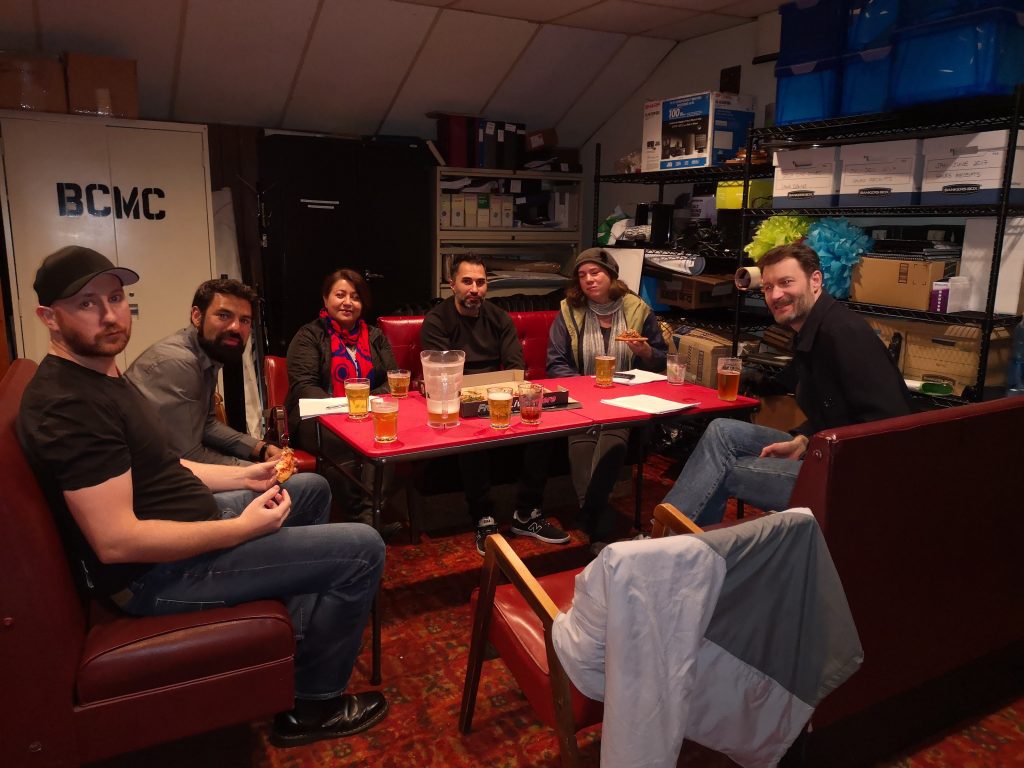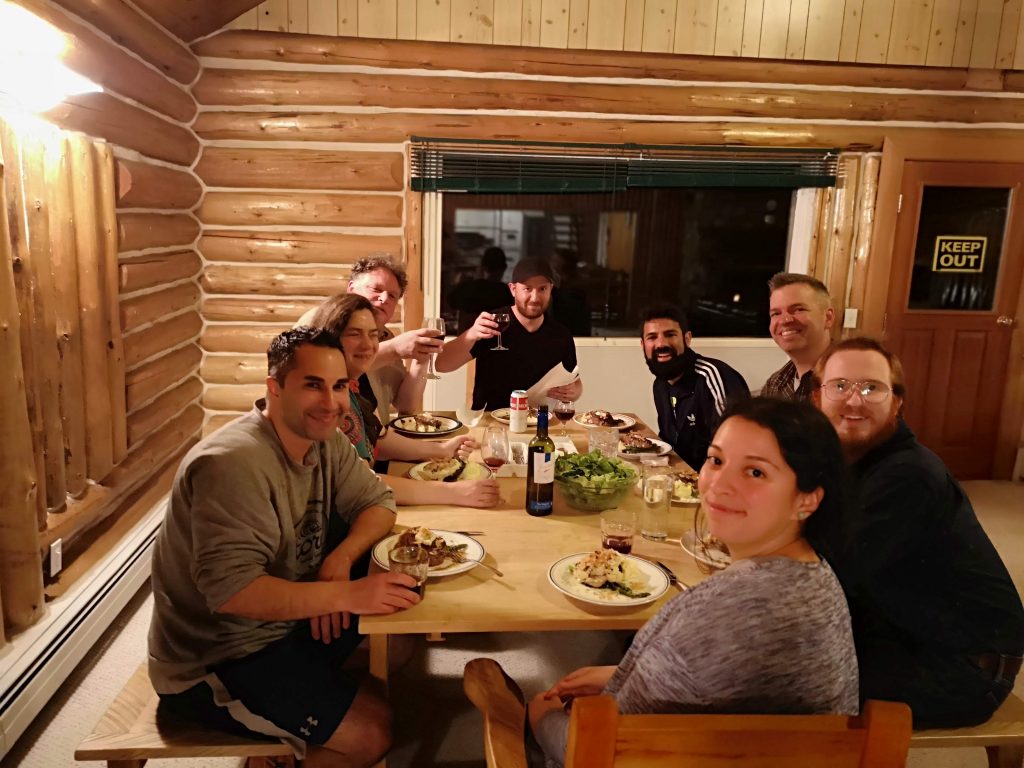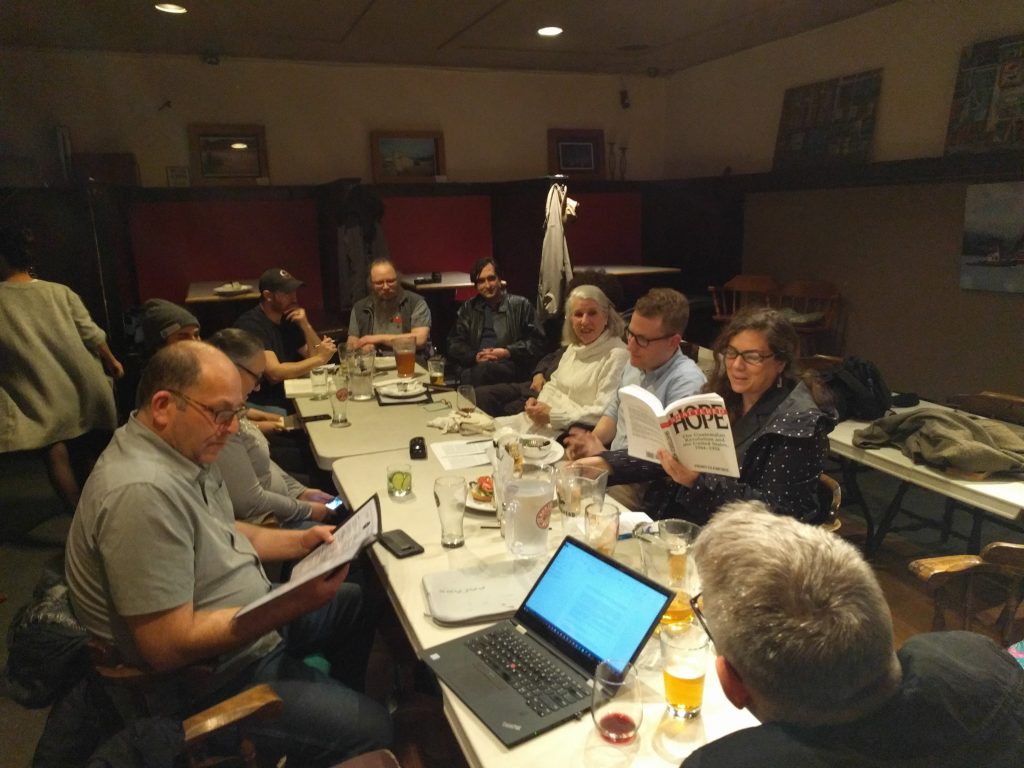Instructor: Stuart Parker
Course Objectives
In 2010, if a person began talking to you at a party with great intensity about “globalization” and the dangers presented by contemporary free trade agreements like NAFTA and shadowy bodies like the World Economic Forum, you would assume that this person was a socialist and supporter of the Occupy movement. And yet, in 2022, if you encountered such a person expressing the same views, you would assume that they were a white nationalist and supporter of a Steve Bannon-backed local right-wing populist movement.
What has caused this rapid shift? And why does no one seem to have noticed a total realignment of our society’s major political factions on questions of global markets, investor rights, labour mobility and a host of other associated questions.
This course will consider this by first giving students a background in the emergence of global economy and then a discussion of the various orders that have sought to manage this economy, before returning to the questions of the present, the rapid shifts in alignment and the possibilities for solidarity at this moment. We will also look at previous anti-globalization movements, their strategies, successes and failures.
This course has been specifically designed as accessible and friendly to individuals situated across the political spectrum who are seeking a broader cross-partisan context for their politics.
Difficulty Level
This course’s lecture content requires no prior specialized knowledge and is based on general knowledge widely available to any high school graduate who keeps up with the news. The one challenging element of the course is a couple of the readings, which are academic articles that are not very accessibly written. To accommodate this, questions are expected, welcomed and encouraged for those seeking basic clarifications of opaque language and occult terminology in anything they are asked to read for the course.
Texts
At the beginning of the course, students will receive a series of Dropbox links to download each of the videos and readings we will be discussing. Approximately half of the classes will be associated with a video or reading, the list of which has not yet been finalized.
Class Schedule
We will be accepting registrations for two session times on each day the course runs, once at 11:00am Pacific (2:00pm Eastern, 7:00pm Greenwich) and again at 5:30pm Pacific (8:30pm Eastern, 1:30am Greenwich). The course will run on Mondays and Wednesdays from July 6th to August 17th. If there is insufficient enrolment to maintain two sections, one section may be canceled and the registrants’ money refunded or transferred to the other section.
| Date | Topic | Period |
| July 6th | The Globalization Debate in 2022 | The present |
| July 11th | The Three-Continent System: From the Axial Age to Sindbad | 600BC-1300 |
| July 13th | Tordesillas and Beyond: European Supremacy and the Rise of Global Systems | 1300-1850 |
| July 18th | Karl Marx, Vladimir Lenin and the First Globalization Debate | 1850-1916 |
| July 20th | The League and the First United Nations Order | 1917-1974 |
| July 25th | The Third World Movement, OPEC and Challenges to the First Order | 1948-1979 |
| July 27th | The Second UN Order and the Era of Neoliberalism | 1974-2015 |
| August 1st | The Zapatistas, anti-Globalization and Occupy | 1992-2015 |
| August 3rd | Henry Cabot Lodge, Enoch Powell and the Origins of the Anti-Globalization Right | 1920-2010 |
| August 8th | Corbyn the Remainer: the Left’s Capitulation to Globalists | 2015-present |
| August 10th | Bannonite Populism and the New Anti-Globalization Right | 2011-present |
| August 15th | The Problems of Class and Cosmopolitanisms | 600BCE-present |
| August 17th | Course Conclusion |



